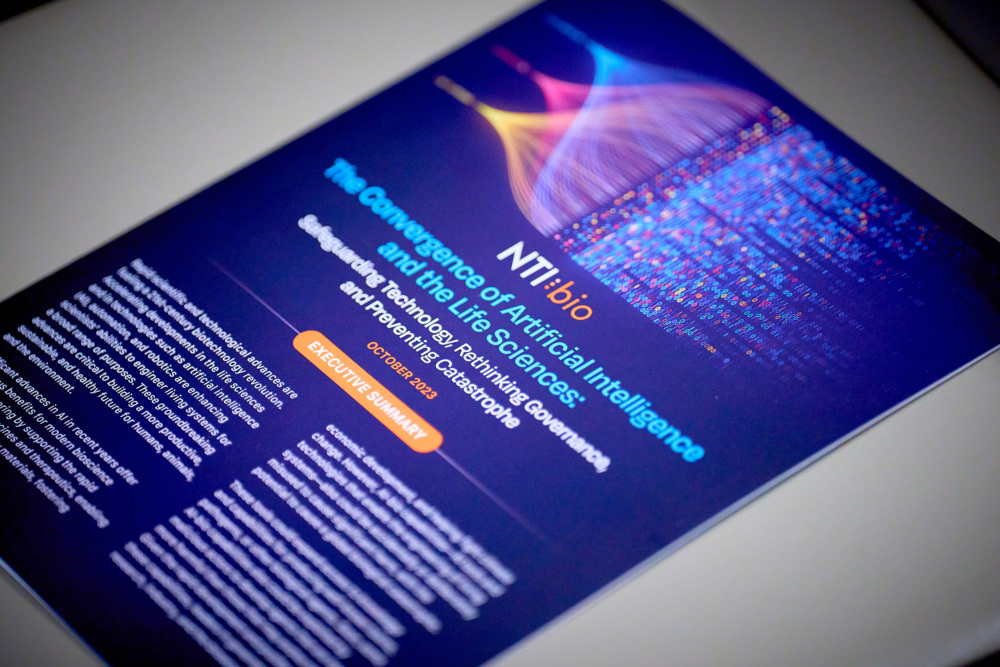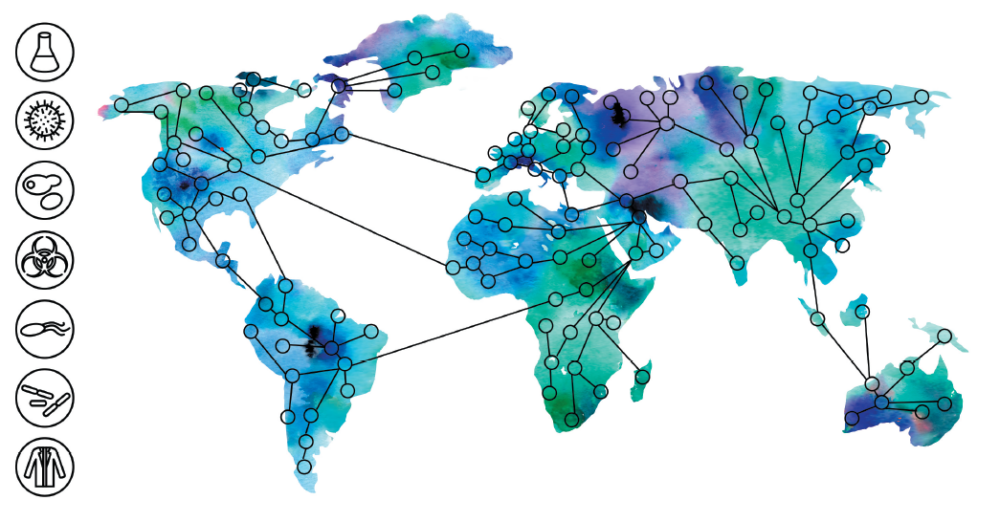Advances in life science research and technology development hold promise for public health, economic development, and many other domains. These promising advancements make it increasingly important to establish effective guardrails to prevent accidental or deliberate misuse of the knowledge, tools, and methods generated through life science research. Organizations that enable, support, and oversee life science research need strategies to better understand, manage, document, and share knowledge about biosecurity and biosafety risks.
NTI partnered with the Stanford University Bio Policy and Leadership in Society Initiative (Bio.Polis) to launch the Visibility Initiative for Responsible Science (VIRS). VIRS researchers engaged a diverse set of organizations that fund, support, perform, or publish life science research to identify insights and strategies that may enable systematic improvements in biosafety and biosecurity risk management across the research lifecycle. The Biorisk Management Casebook: Insights into Contemporary Practices is the result of two years of research, workshops and interviews with 70 experts and practitioners from dozens of organizations. The Casebook highlights the variety of practices that organizations throughout the world currently employ to manage risks related to life science research. It identifies key challenges and opportunities, and provides sample formats for sharing risk management practices, and suggests future initiatives to improve information sharing.
In addition to the main Casebook, VIRS collaborated with eight organizations to develop a collection of case studies containing detailed descriptions of biosecurity and biosafety management practices. These case studies include examples by which organizations can share their practices.
Download the individual case studies:
The VIRS project emerged as a pilot effort from NTI’s Biosecurity Innovation and Risk Reduction Initiative (BIRRI). The series of insights collected in this Casebook can be used by global organizations such as the International Biosecurity and Biosafety Initiative for Science (IBBIS) to develop a set of recommended strategies for the international research community, and to foster collaborative, inter-organization efforts to develop and improve biosafety and biosecurity risk practices and advance norms in this field.
The VIRS project research was conducted under the leadership of Megan J. Palmer and Sam Weiss Evans, and carried out by the Stanford University Center for International Security and Cooperation (CISAC) Biosecurity Innovation & International Security Fellows Melissa Salm, Daniel Greene and Kathryn Brink, alongside social science research professional Connor Hoffmann.




